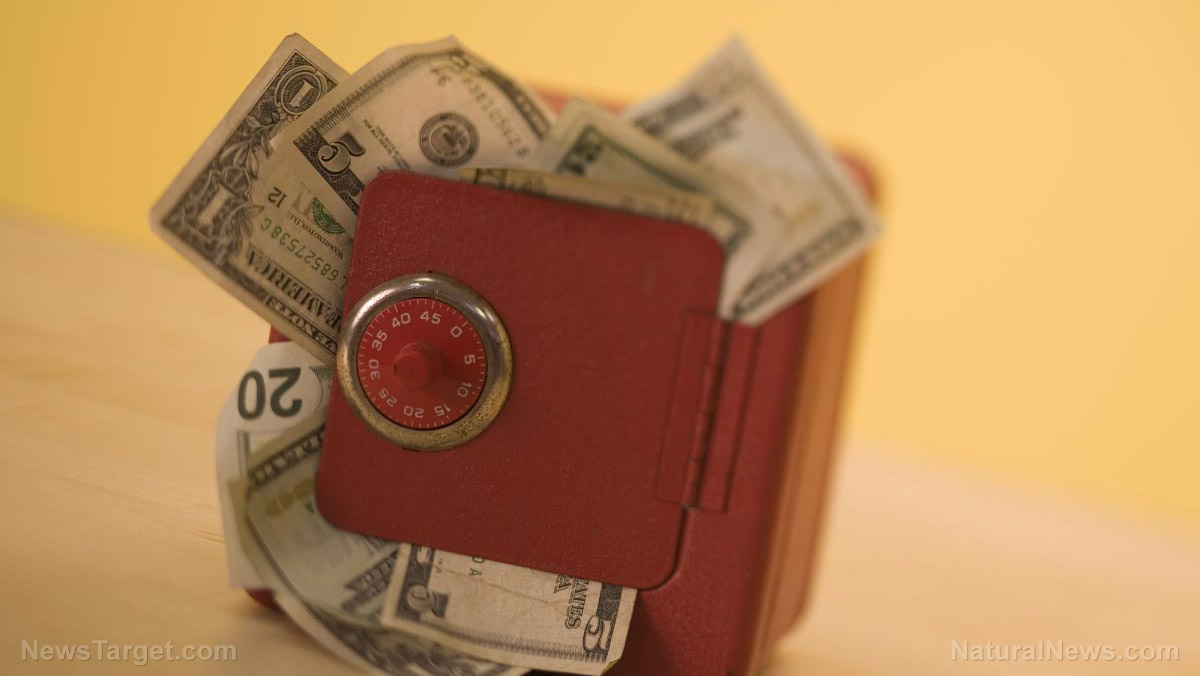Preppers save for a rainy day: Why financial planning is crucial for surviving an economic downturn

(Natural News) As a prepper, one of the first things that you need to learn is the importance of financial preparedness. Don’t wait until an economic collapse before you start settling your debts or saving money. (h/t to TimGamble.com)
The basics of financial preparedness
Personal, business, or government debt is bad. It will stress you out, and it makes you more vulnerable to economic downturns.
To become financially prepared, you must first eliminate consumer debt. This includes credit cards, car loans, payday loans, personal loan, and installment plans.
To clear your debts, you may need to make sacrifices, such as:
- Putting off major purchases.
- Avoiding impulse purchases (e.g. luxury items, etc).
- Bringing your own lunch to school or work.
- Having a major yard sale to raise some money.
- Starting a second job.
Making these sacrifices may seem hard, but keep in mind that in the end, the benefits will be more than worth it. (Related: 7 obvious warning signs we are heading for an economic meltdown.)
Second, you need to have emergency savings. Start by holding yard sales or getting a second job. Put the money somewhere safe, such as an insured certificate of deposit(CD). A CD is a type of federally insured savings account with a fixed interest rate and fixed date of withdrawal or maturity date. CDs don’t usually have monthly fees and they are different from traditional savings accounts in several ways. Savings accounts let you deposit and withdraw funds rather freely.
However, with a CD you agree to leave your money in the bank for a set amount of time (know as the “term length”). If you do access the money in a CD, you will need to pay a penalty. Term lengths can range from several days to a decade. The standard range of options for CDs is between three months and five years.
…click on the above link to read the rest of the article…